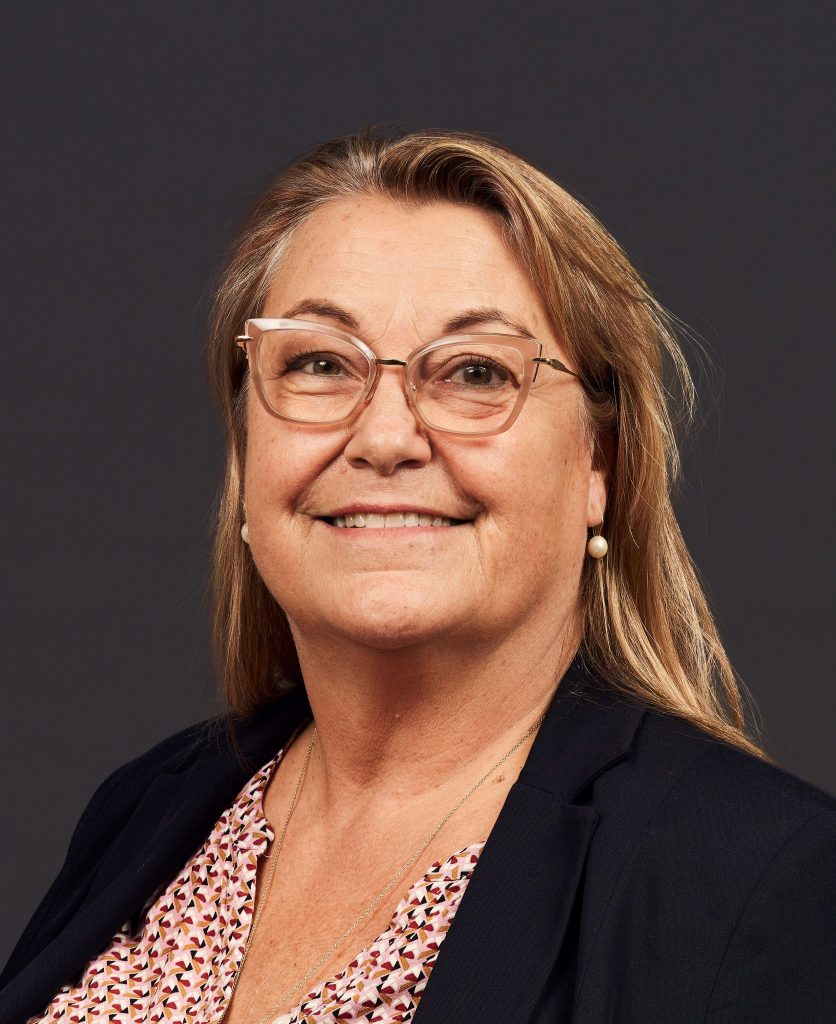As many as one in eight women leave work when they reach menopause, because their workplace lacks knowledge about the symptoms many women experience and fails to make allowances.
In many workplaces, it is also difficult for women to talk openly about menopause with managers or colleagues.
Read this article in Danish on Arbeidsliv i Norden
These are the findings in studies from England, Canada and the USA, countries that have all come further than Denmark in creating menopause-friendly workplaces.
That is why the Danish government has now allocated 160 million Danish kroner (€21.4m) for a new National Centre for Research into Women’s Health.
Its main task will be to change the fact that women’s health – including knowledge about menopause – for too long has been neglected by the world of research, according to Lasse Gliemann, Denmark’s leading expert on how menopause affects women’s health, wellbeing and working life.
He has worked towards the establishment of the future research centre and writes on LinkedIn that it will be “an incredible first step” towards making Denmark a frontrunner in the research on women’s health.
Menopause costing billions
Lasse Gliemann is an expert on the individual and socioeconomic consequences of the lack of attention given to menopause. He is currently working with KISO (short for Women in Healthy Transition), a University of Copenhagen project conducting a study on how many women leave the workforce because of menopause.
He has also calculated that lost earnings cost the Danish economy and labour market four billion kroner annually due to challenges surrounding women’s menopause.
On top of that come the personal consequences for women who feel forced to take sick leave or stop working when they reach menopause, which usually happens in the early 50s.
Women make up half of the Danish workforce, resulting in a significant overall level of sick leave, while workplaces lose experienced and highly qualified employees.
Denmark cannot afford that, and it is deeply unfair to women. On this point, there is agreement between the social partners: the major organisations representing both employees and employers are now openly calling for action.
Top executive with hot flushes
Pernille Knudsen has become one of the leading voices pushing for workplaces to take menopause more seriously. She is a key figure among the country’s leading labour market representatives and until recently the Deputy Director General of the Confederation of Danish Employers (DA).
She entered menopause in connection with a cancer diagnosis and chose to speak openly about it, both in the Danish media and internally at DA’s management level.
She is a strong advocate for encouraging companies to stop treating menopause as taboo and for them to take appropriate measures.
“My own menopause made me want to contribute to far better knowledge around the issue. I feel it is my duty to talk about how I experience menopause as a leader for many employees,” she told a public meeting about menopause and working life.
The meeting was organised by Lasse Gliemann and his institute and was held at the University of Copenhagen in June 2025.
Pernille Knudsen leads a very active and busy working life and faced problems at work when she suddenly started experiencing severe menopause symptoms. She told the meeting:
“I had one or two hot flushes every hour, around the clock. The top-level meetings in the labour market are not designed for that.
“They’re very male-dominated, and I often sit through long meetings with no ventilation, no toilet breaks, and no opportunity to deal with the hot flushes.”
Pernille Knudsen often leads complex and demanding negotiations where the sweat suddenly pours, and her head feels heavy:
“When that happens, I just want some fresh air, maybe step out and be alone for a bit. Many other women at work feel the same way, and we need to find ways to reconcile menopause with working life.”
Taboo among leaders
Transparency is needed to create good solutions in the workplace. That is not altogether easy, believes Pernille Knudsen.
Even at the very top of the business world, leaders find it difficult to talk to their female employees about menopause, in Pernille Knudsen’s own experience. She is now actively trying to change that within her own organisation, where she manages many other leaders.
When a manager holds an employee development review with a woman at an age where menopause may be noticeable, Knudsen believes it should be entirely natural to ask whether she is experiencing symptoms that the workplace could help alleviate.
However, in her experience, many leaders hesitate. They find it uncomfortable or intrusive to ask.
Pernille Knudsen has therefore as a leader chosen to speak completely openly about her own experience of menopause.
“I have insisted that menopause is now part of who I am. I bring fans to meetings and say openly that ‘I’m about to have some serious hot flushes and we need to open some windows and air the room out’. All the reactions have been positive.”
Knowledge and transparency
She is, however, extremely aware that her menopause should not dominate her working life.
“I show my menopause and talk about it, but it doesn’t have to take over everything. That balance is both difficult and very important if we are to have menopause recognised in the workplace as a challenge, but not as a weakness.”
She believes that many private-sector employers are already doing a lot to support employees going through menopause.
However, she does not think it is realistic for private employers to enter into binding agreements, and she emphasises that they cannot solve the problem on their own.
“What we need most of all is to spread more knowledge about menopause in workplaces and to break the taboo, so that women feel able to speak openly about it if they experience severe symptoms and need understanding from their employer.”
Adjusting the working environment
The trade union movement and many unions are also beginning to prioritise menopause as an important issue. Like Pernille Knudsen, they stress that menopause must not be seen as a weakness in women.
Nanna Højlund, Deputy President and Acting President of FHO, the main organisation for Danish employees, wrote in an opinion piece on International Women’s Day this year that Denmark cannot afford to lose women who leave their jobs because of severe menopause symptoms.
“This isn’t about Danish women being spoiled or needing to pull themselves together. It’s in everyone’s interest that we find out how to support women during this stage of life, which calls for adjustments in the working environment.”

A major public employer, Region Hovedstaden (the Capital Region of Denmark), has made a policy decision to ensure that all employees – regardless of gender – can receive more support when they go through menopause.
The decision was made by the region’s political leadership as part of a broader effort to make the healthcare system more inclusive of its many female employees. A committee within the region has been tasked with turning the political decision into concrete initiatives.






